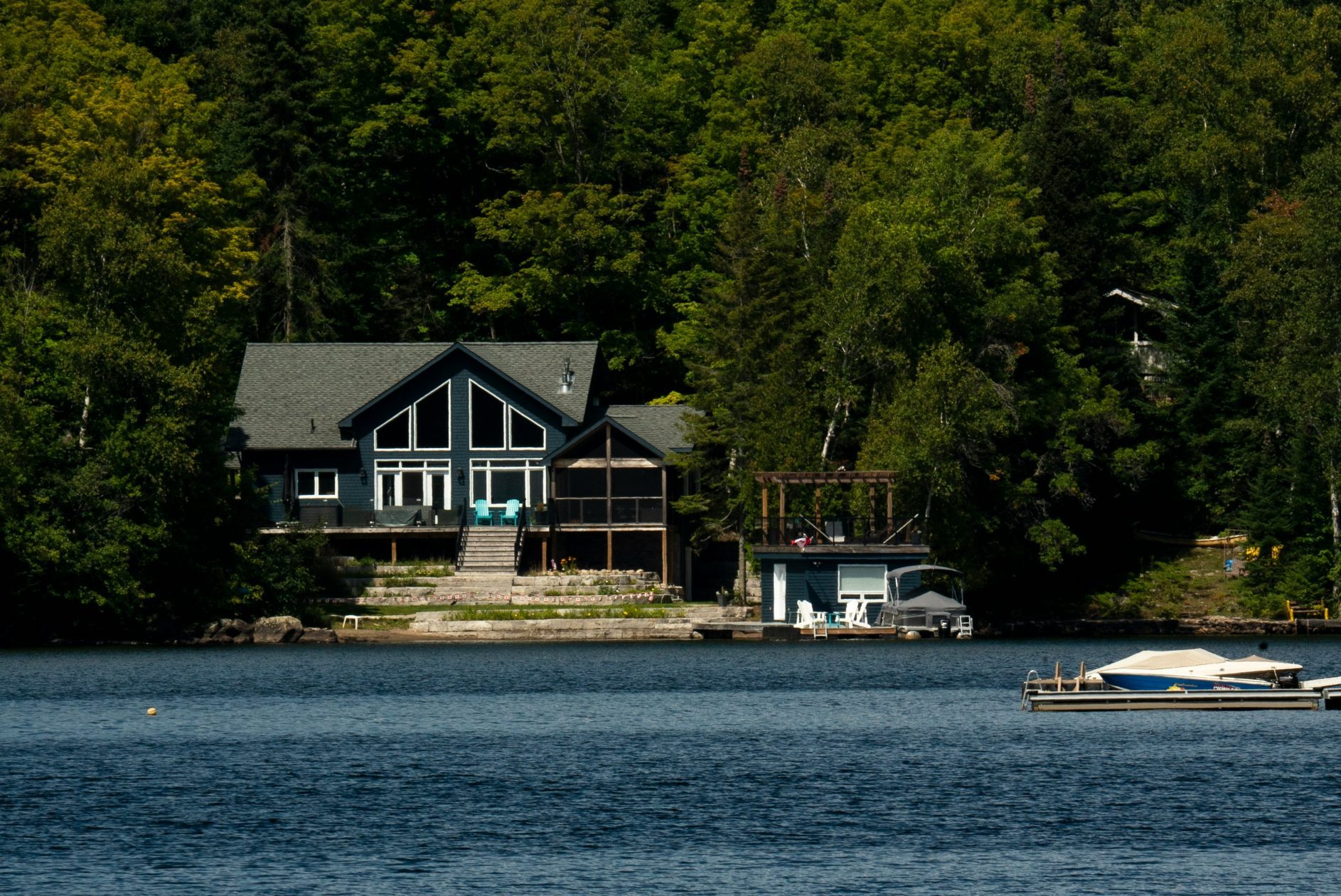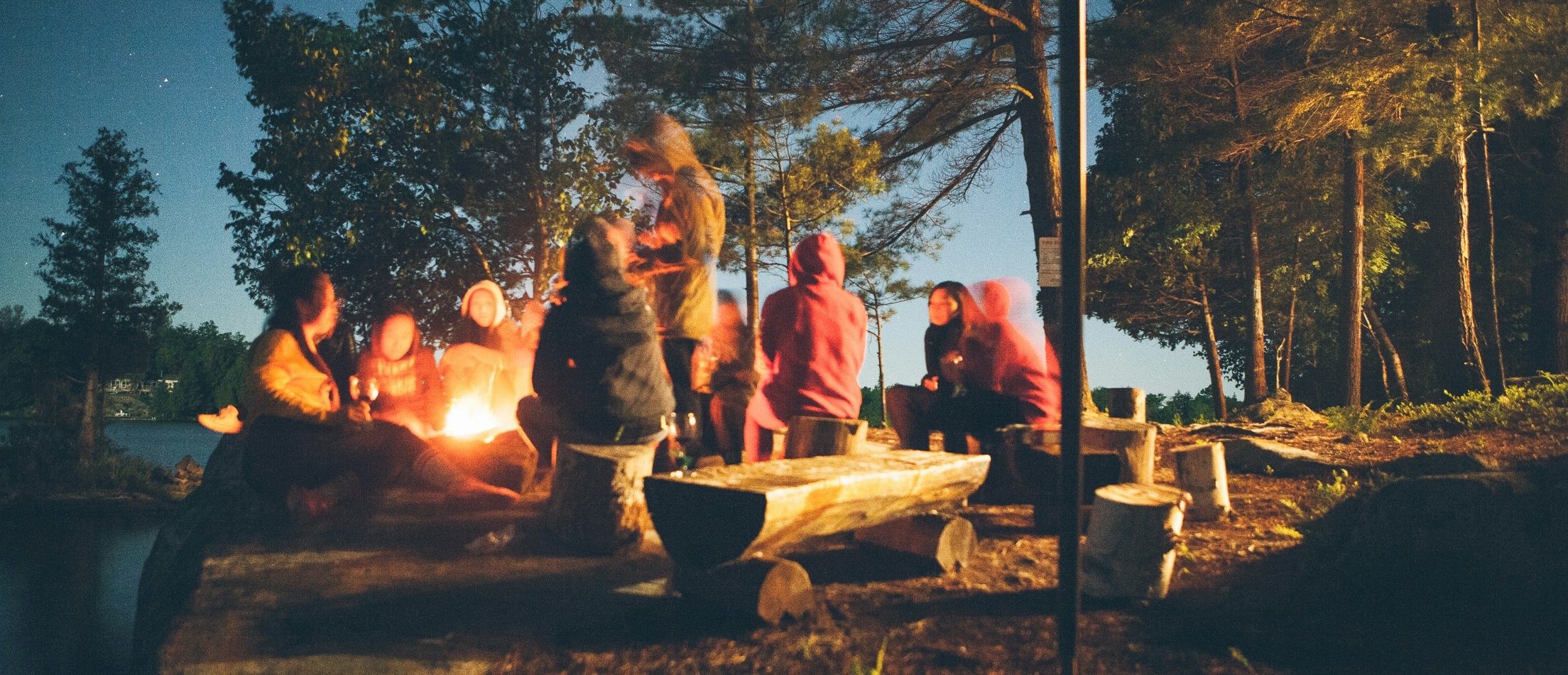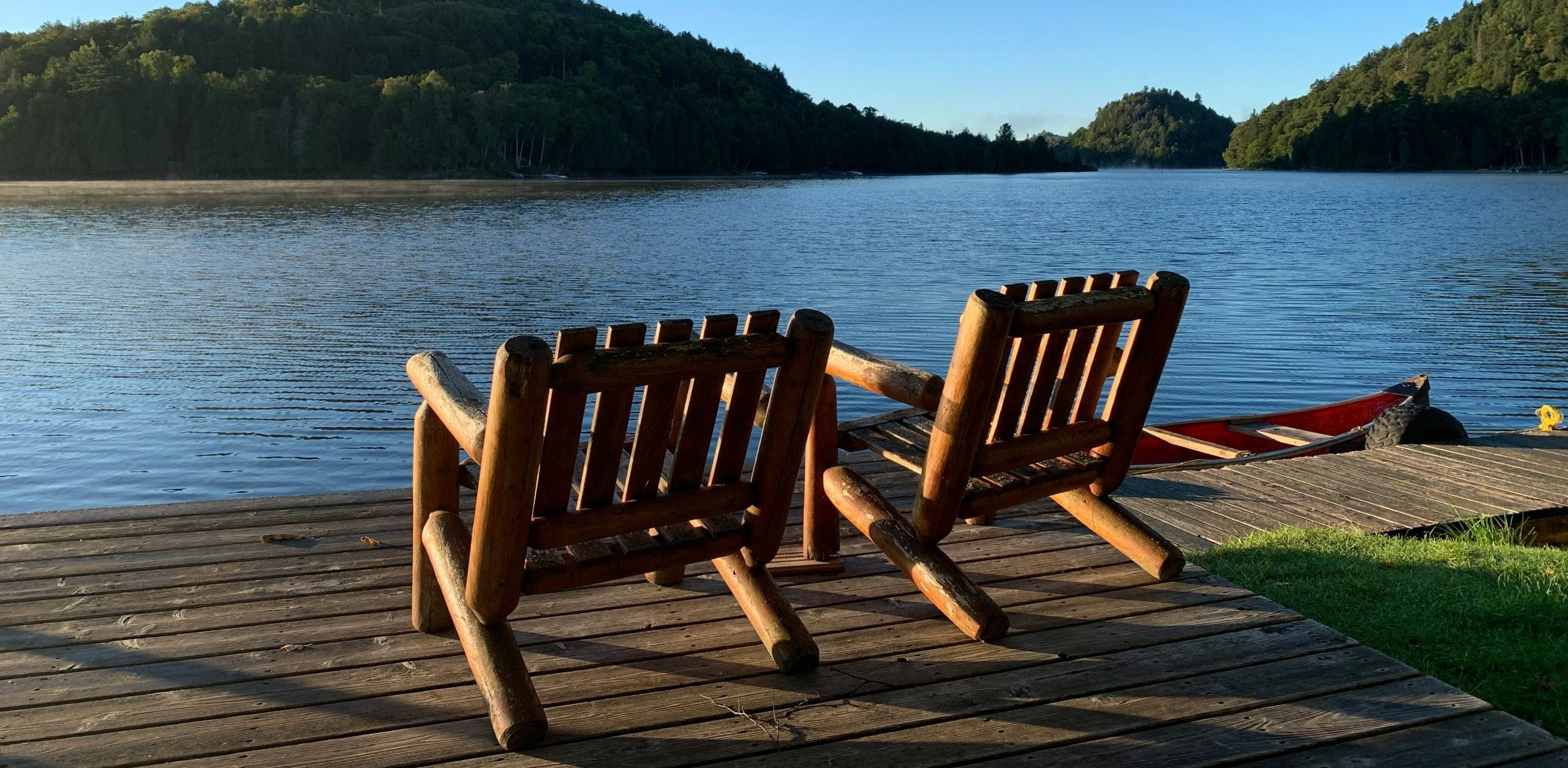
With cottage season about to kick off this May long weekend, it’s the perfect time to talk about one of the most emotionally loaded and logistically challenging assets in any family: the cottage.
Cottages aren’t just properties. They’re places of meaning—spiritual sanctuaries, gathering grounds, badges of achievement. Whether it’s about access to nature, watersports, campfires, or the privilege of retreating from daily life, cottages carry layers of emotional, cultural, and financial significance. For many, they symbolize reward, connection, and status—and in our culture, they’re often perceived as “bougie,” a sign of privilege and success.
That makes cottage estate planning far more complicated than simply distributing assets.
The Emotional and Financial Weight of a Cottage
Unlike a TFSA or savings account, a cottage isn’t just money in the bank. It’s a place. A place where memories are made, where identities are rooted. It means something different to everyone in the family—solace, nostalgia, status, fun, legacy, or cold, hard financial opportunity.
Beyond emotions, cottages often come with massive capital gains. Properties owned for decades skyrocket in value, and because they usually aren’t principal residences, they aren’t exempt from capital gains tax. On transfer or death, that tax has to be paid somehow, and families often want to avoid selling the cottage to cover it.
Meanwhile, maintenance costs—financial and labour—pile up. If no one steps up to do the work, someone’s paying someone else to do it. All this adds complexity to already-complicated dynamics.
Family Cottage Disputes: Real Stories. Real Lessons.

Story One: The Silent Bidder
Four siblings. One family cottage. Two actively helped their mother maintain it after their father passed. One married into a Cottage Country life and distanced herself. The last was a busy, wealthy sibling who rarely showed interest—until Mom passed and the will divided everything equally.
The two siblings who had invested time and care thought they’d buy out their siblings and keep the cottage. But the wealthy sibling made a last-minute move to buy the whole property, offering well above market value. The executor—one of the attached siblings—had a legal duty to maximize the estate’s value. And so, the cottage was sold to the highest bidder.
The other two used their share to buy a different cottage down the lake, but they lost more than the property. They lost trust. They lost connection.
Lesson: Gather and communicate intentions early. Document them clearly.
Story Two: The One Who Did Everything
Two brothers inherited a valuable, beloved cottage. They agreed to share the costs and responsibilities. But over time, one brother did more—much more. His offers to rebalance labour and expenses were ignored. The imbalance became unbearable.
Eventually, he had no choice but to pursue legal action to force a sale. While the legal cost hurt, the real cost was in the breakdown of their relationship.
Lesson: Communicate ownership expectations—including an exit plan—before things change. Because they will.
Story Three: The New Wife
Dad built the cottage with his own hands in the 1980s. His sons were raised there and now bring their kids to create new memories. After Mom passed, Dad remarried. The new wife didn’t get along with the sons—and tension ran high.
Though Dad intended the cottage to stay in the family, his new spouse also wanted access. When Dad died, his primary home couldn’t be sold (new wife retained rights to live there), so the cottage couldn’t be liquidated to pay taxes. The sons faced the prospect of loaning the estate money, being forced into financial partnerships with someone they distrusted, and navigating cottage use with someone they didn’t want to share space with.
Lesson: Confront uncomfortable dynamics before it’s too late. Death doesn’t erase tension. It makes it worse.
What Makes Cottage Planning Different?

Legal and financial planning for cottages is absolutely possible—and necessary. But it’s not just about the senior generation dictating terms. It must include what the next generation is willing (and able) to do:
- Are they prepared to co-own and co-maintain a property?
- Can they share time, labour, and expenses?
- Do they even want it?
Owning a cottage is more like running a business than simply inheriting an asset. If you plan like it’s just another bank account, you’ll be blindsided.
Start with Communication

The most valuable tool in cottage succession planning isn’t legal—it’s relational. Honest, early, and consistent conversations will shape the trajectory of your family and your cottage legacy.
Ask the real questions:
- Who wants to keep the cottage, and why?
- Who’s contributing—time, money, labour?
- How will time, tasks, and costs be shared?
- What’s the plan when life changes (health, finances, relationships)?
- Can ownership be passed down to the next generation?
- How can someone exit the arrangement without breaking the family?
Once we understand the answers, we can use the right legal tools: wills, family trusts, corporations, testamentary trusts, maintenance funds, and life insurance.
More time = more options. The earlier you plan, the more flexibility you have.
What Does Success Look Like?
No, this isn’t a Hallmark movie. Success may not be everyone holding hands around the fire pit.
But it can be:
- All voices are heard.
- No one is forced into unwanted obligations.
- Expectations are clear.
- No one loses access because they can’t afford it.
- No one takes advantage because they can.
Cottages are special. They deserve thoughtful, courageous planning. Families don’t “just figure it out.
Ready to Start the Conversation?
We help families have these tough conversations—and translate them into real, workable plans.
Book a call to start planning for your family’s cottage legacy.